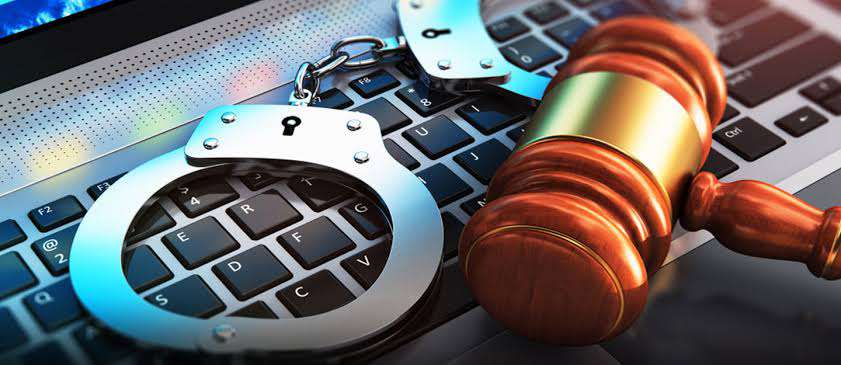News Investigators/ A cross section of foreign envoys in Nigeria have underscored the need for the Federal Government to advance protection of free speech and unlock economic growth to prevent cybercrime.
The envoys are Richard Mills, Jr. (U.S. Embassy), Richard Montgomery, (United Kingdom High Commission), Sanna Selin, (Embassy of Finland), Svein Baera, (Embassy of Norway) and Pasquale Salvaggio, (Canadian High Commission).
They made the call in a joint-statement in Abuja, against the backdrop of the commemoration of Nigeria’s Democracy Day on June 12.
The Heads of the Diplomatic Missions congratulated Nigerians for their commitment in advancing democratic governance for 26 years.
According to them, healthy democracies are formed by many important ingredients.
“When marking 25 years of democracy in Nigeria in 2024, President Bola Tinubu underlined that there must be diverse perspectives and viewpoints.
“Free expression has been the core value of Nigeria’s democracy.
Nigeria’s constitution enshrines the right to freedom of expression, to protect citizens’ rights and foster society where people can debate and discuss ideas free from government control.
“This right, a principle of trusting ordinary citizens to have discussion in the virtual public square, remains vital today,” they said.
They said that in April, Nigeria’s National Human Rights Commission (NHRC) raised concerns about the 2015 Cybercrimes Act, the amendments made to it in 2024, and the law’s impact on free expression.
According to them, the Act has laudable aims to combat online fraud and cyberattacks.
They, however, complained that the Act was being misused by some people to silence criticism and dissent.
“The NHRC’s advisory opinion on freedom of expression warned that it has potential for abuse, particularly with respect to arrests and prosecutions of activists, journalists, bloggers and ordinary social media users.
“Also in 2022, the ECOWAS Community Court of Justice ruled that the Act was not in conformity with the country’s obligations.
“This is as it relates to freedom of expression under the African Charter on Human and Peoples’ Rights, and the International Covenant on Civil and Political Rights, ” they said.
They said that misuse of the Cybercrimes Act undermined democratic advancement and civic participation.
“It also jeopardizes confidence of investors and risks deterring the innovation needed for economic growth,” they said.
They reiterated the need for commitment from Nigeria toward collaborating with the National Assembly and relevant stakeholders in reviewing the Cybercrimes Act, to protect the values enshrined in Nigeria’s constitution.’
“The implications extend beyond free expression. Nigeria’s economic future depends on its ability to innovate and attract investment in the digital age.
“However, the Cybercrimes Act’s misapplication, even in a small number of cases, risks detracting the innovators and entrepreneurs the government wants to invest in Nigeria.
“The Cybercrimes Act contributes to uncertainty abroad about Nigeria’s legal landscape.
“Its vague provisions makes it difficult for businesses and investors to assess legal risks, hindering investment in industries that rely on digital content.
“Reform is needed to protect both citizens’ rights and Nigeria’s future,” they said.
They stressed the need for the Federal Government to amend the Act to strike a balance between protecting citizens, while preserving human rights, including free expression.
They further said that such would be difficult balance to strike, but that it is vital to deliver what Nigeria want as stable and open democracy, and economic growth underpinned by investment.
“Nigeria is not alone in facing this problem. Democracies across the world are grappling with the ever-evolving challenges and opportunities that the digital world presents.
“Through the Council of Europe’s Global Action on Cybercrime project, Nigerian lawmakers are receiving funding and technical assistance to help current review of the Act to meet international standards.
“However, the deadline for the Act’s review has consistently been delayed and we urge Nigerian lawmakers to make this review a priority and ensure it that it is open to public consultation and debate,” they advised.
NAN
